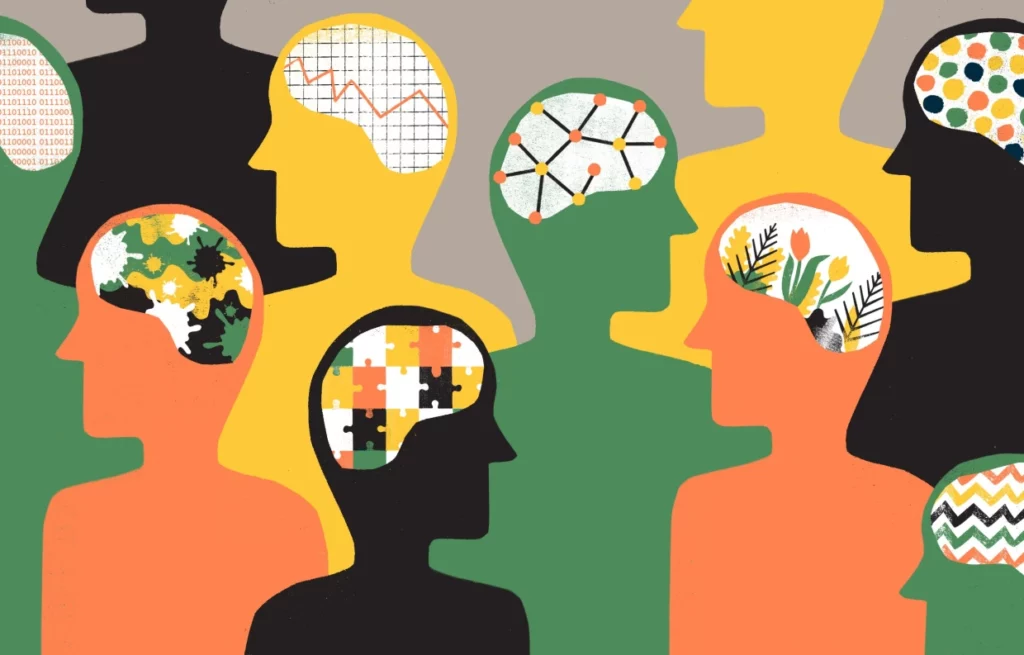

Selecting the right personality tool to aid leadership and professional development is daunting. There are at least 14 different instruments (and probably more) on the market. And each of these products which has its advantages disadvantages, cost, administration requirement, and applications. First it is important to know why you want to incorporate a personality tool (e.g. for hiring, leadership development, general team building, etc.). Secondly, it is important to understand the different products and their specific applications. I see organizations frequently make the mistake of implementing the wrong tool for the wrong reason.
- Myers-Briggs Type Indicator (MBTI)
- Big Five Personality Traits
- DISC Assessment
- Enneagram
- Hogan Personality Inventory (HPI)
- StrengthsFinder
- California Psychological Inventory (CPI)
- 16PF Questionnaire
- NEO Personality Inventory (NEO-PI)
- Emotional Intelligence (EQ) assessments (e.g., EQ-i 2.0)
- Belbin Team Roles
- Social Styles
- Keirsey Temperament Sorter (KTS)
- CliftonStrengths (formerly known as StrengthsQuest)
Below I offer some insight into three of the most popular personality tools.
- Myers-Briggs Type Indicator (MBTI): MBTI is based on Carl Jung’s theory of psychological types and categorizes individuals into 16 different personality types. MBTI helps identify individual preferences in areas such as extraversion/introversion, sensing/intuition, thinking/feeling, and judging/perceiving. I believe that organizations need to move past using MBTI. It not only lacks any scientific validity, but it is an extremely cumbersome tool for people to use and remember. And to expect people to remember the four indicators of multiple people on their team is unrealistic.
- Big Five Personality Traits. The Big Five model examines five fundamental dimensions of personality: openness, conscientiousness, extraversion, agreeableness, and neuroticism (OCEAN). These traits can help predict leadership potential by identifying traits like extraversion (comfort with social interactions), conscientiousness (attention to detail and goal orientation), and openness to experience (creativity and adaptability). I believe the Big 5 is an excellent starter assessment to baseline one’s general leadership style. It is also useful in helping understand the correlation between one’s traits and the ability to enter peak performance or “flow” states (see my previous article on this topic). But beyond that, I find the Big 5 to be too general, failing to describe the complexities of personality dynamics such as stress and growth points, and best practices for each style.
- DISC Assessment: categorizes people into four primary behavioral styles: Dominance, Influence, Steadiness, and Conscientiousness. I like DISC because it provides insights into interpersonal and communication styles, work preferences, and potential leadership strengths and challenges. I recommend DISC typically to better understand management styles. However I find that it is not as useful for leaders in more senior roles who need a more complex model for understanding themselves.
- Dominance (D): This dimension measures a person’s assertiveness, confidence, and desire for control. Individuals with a high dominance score tend to be direct, results-oriented, and prefer taking charge of situations.
- Influence (I): This dimension measures a person’s sociability, communication style, and ability to influence others. Individuals with a high influence score are typically outgoing, persuasive, and enjoy building relationships.
- Steadiness (S): This dimension measures a person’s patience, teamwork, and ability to maintain stability. Individuals with a high steadiness score are often calm, dependable, and prefer a consistent and harmonious environment.
- Conscientiousness (C): This dimension measures a person’s attention to detail, analytical thinking, and preference for accuracy. Individuals with a high conscientiousness score are typically organized, methodical, and value precision and quality.
If your organization needs help in selecting the appropriate and most effective personality tool for your needs, please contact me.
